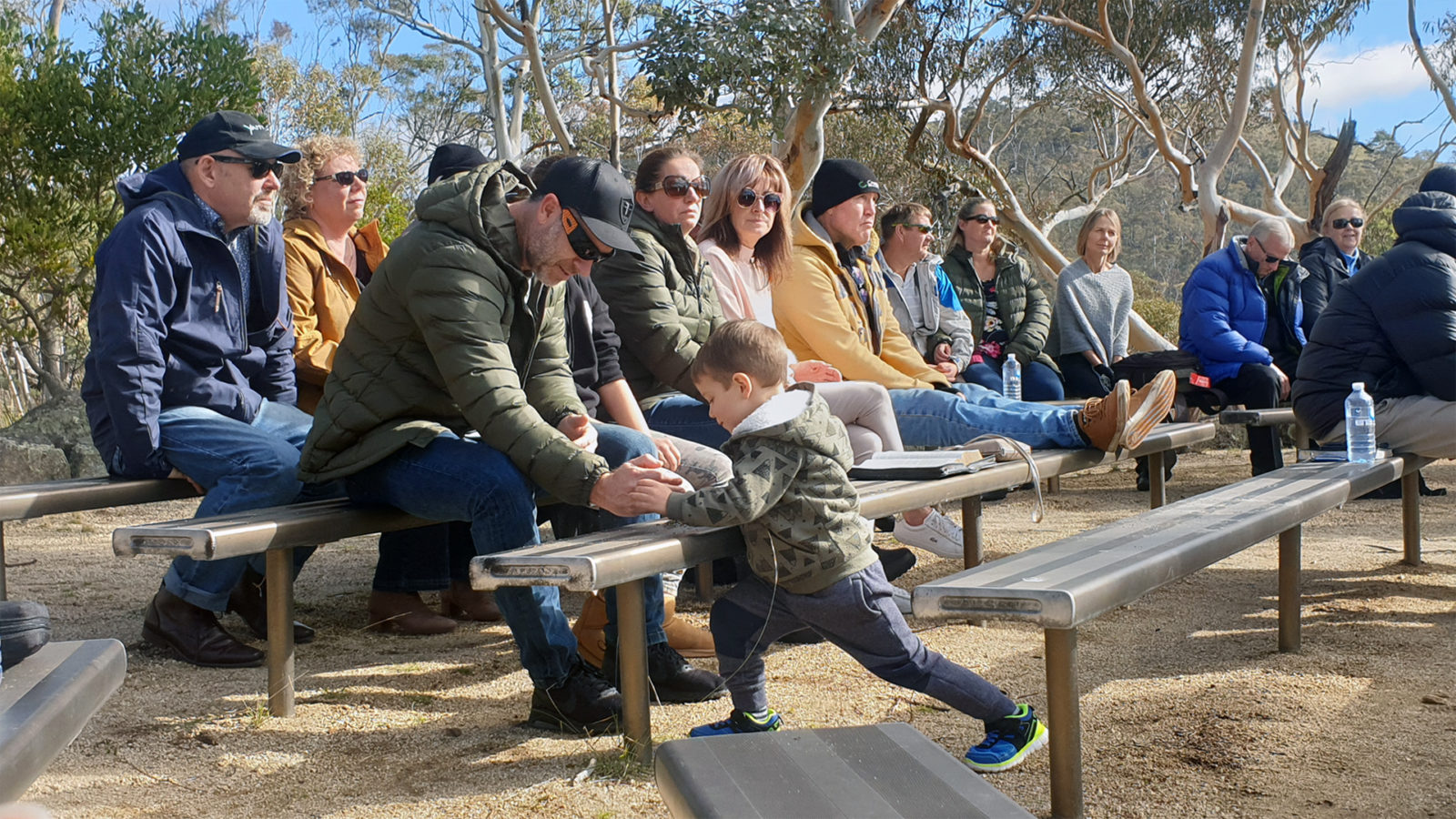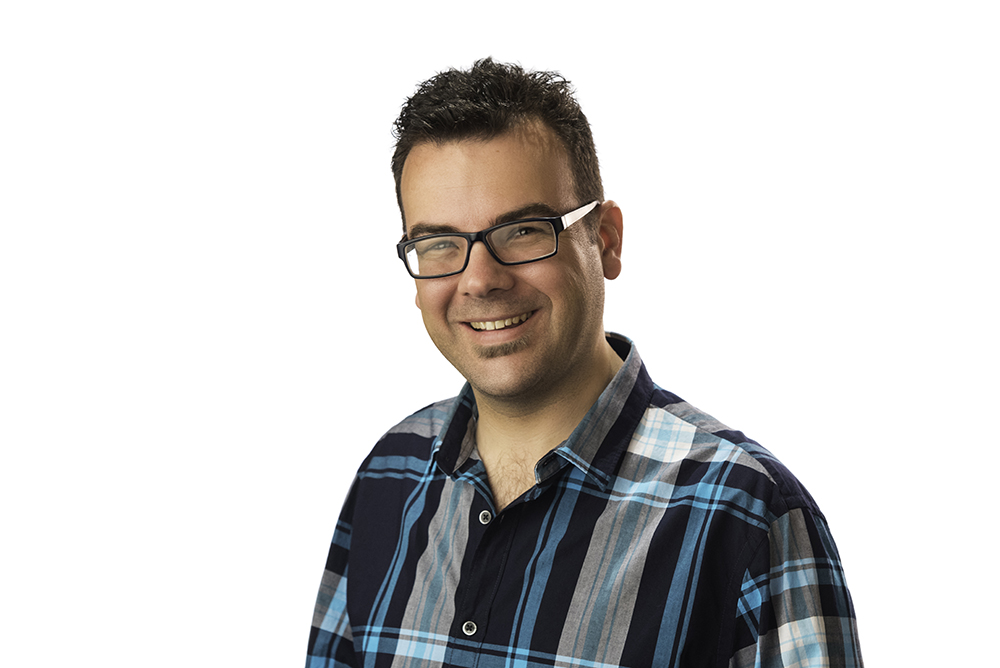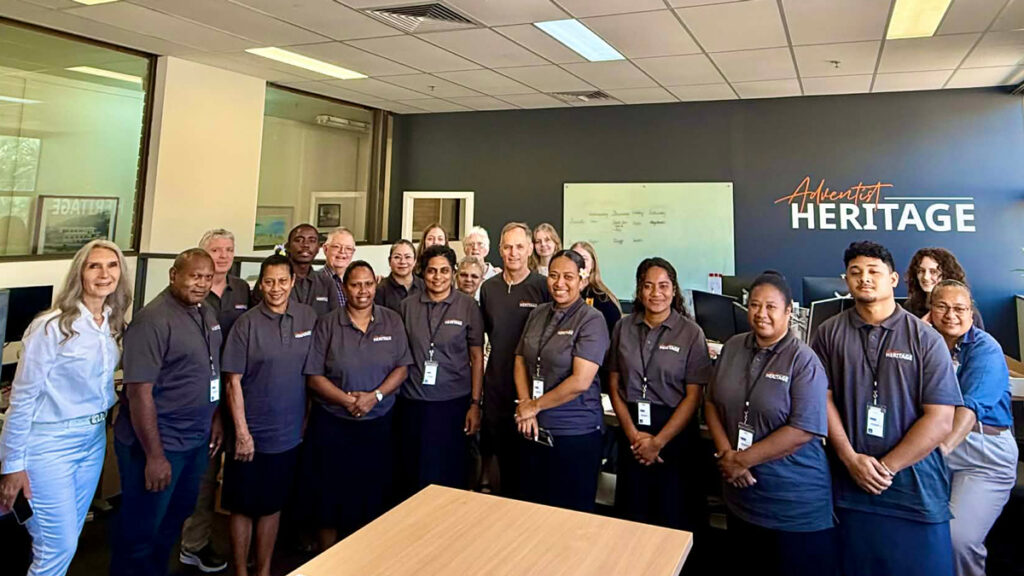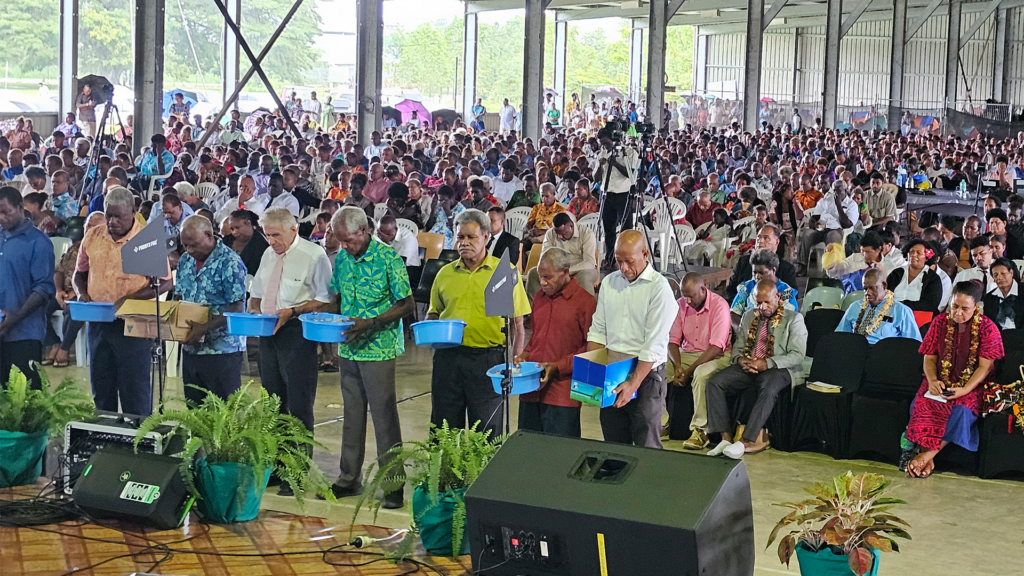“Hey Scotty, thanks for everything. I’m just calling to say goodbye.” It was David*. Beset with a range of personal struggles, he’d been a permanent resident at the Adventist-owned Pascoe Park campground in Christchurch, New Zealand, for more than eight years. He and Scott Cameron—who manages the facility with his wife, Leah—had developed a close friendship in that time.
Hearing the tone of David’s voice, Scott could sense that something was badly wrong. It became clear that David was saying his final goodbyes before taking his own life.
“Where are you, mate?” said Scott, desperate to intervene. “Tell me where you are—I’ll come to you.”
But while David stayed on the phone, he refused to give his location. Scott ran across the campground to another friend’s residence, knocked on the door and, muting the phone for a moment, said urgently, “Get in the car!”
While the phone conversation continued, with David still refusing to divulge his location, Scott was praying hard internally. His friend was driving and, from time to time, Scott pointed left or right as they approached various intersections. There was no rational reason to take the route they did. They drove for more than 10 minutes with not one U-turn and pulled into a beach carpark. There was David’s car. He was midway through writing a suicide note and had an overdose of pills ready.
“He was shocked when we arrived,” recalls Scott. “I took the pills off him and he asked us, ‘How did you know where I was?’ All I could say is that I’d prayed.”
Scott is passionate about the mission of Pascoe Park, the relationships that are being built and the spiritual conversations that he says occur two or three times per week.
“Ninety-nine or a hundred per cent of the people who are sent to Pascoe Park are sent for a reason,” he says.
There are 16 Adventist-owned campgrounds and convention centres around Australia and New Zealand—large and small; in the city and the country; by lakes, beaches and mountains. The managers of 14 of these facilities came together at Adventist Alpine Village in Jindabyne (NSW) for their biennial AdCamp gathering, held from May 27 to June 1.
“The South Pacific Division (SPD) coordinates AdCamp as an expression of acknowledgement and support of the work you do,” said SPD Discipleship Ministries’ Pastor Nick Kross to the managers. “AdCamp is a time of refreshing and renewal—some professional development as well as a break from work.”

Listening to the stories and concerns shared by the camp managers, it’s clear that, while Scott’s story is dramatic, it highlights a commitment to mission they all have in common. Many of them feel they’re only viewed as grounds caretakers, while the importance of their daily contact with campers is under-appreciated. But whether it’s school groups, individual campers or even long-term residents like at Pascoe Park, up to 80 per cent of the people enjoying Adventist campgrounds are not Adventists.
“People say they feel something’s different at the campground—a sense of peace. I tell them it’s the Holy Spirit,” says Karen Houssenloge, who manages the Stuarts Point (NSW) convention centre together with her husband, Glenn.

Many of the camp managers purchase evangelistic resources at their own cost and make them available for non-Adventist campers—tracts, DVDs, Signs magazines, E G White books and Bibles. They find that this material is taken readily. Advent Park campground in Perth hosts an annual Carols by Candlelight event for the local community. Brisbane’s Watson Park is the venue for one of Australia’s largest Road to Bethlehem events. The Stuarts Point and Yarrahapinni camp managers have assisted in planting a church at their site. Adventist campgrounds are genuine mission fields.
“You are at the frontlines,” said Phil Hyland, Victorian Conference youth director and the featured speaker for the AdCamp retreat. “You are all full-time ministers.”
Find links and details of Adventist campgrounds in Australia and New Zealand at www.adventistcamps.org.au. If this article has brought up difficult feelings, please speak to a trusted support person or call Lifeline on 13 11 14 (Australia) or 0800 543 354 (New Zealand).
* Name changed to protect privacy.






